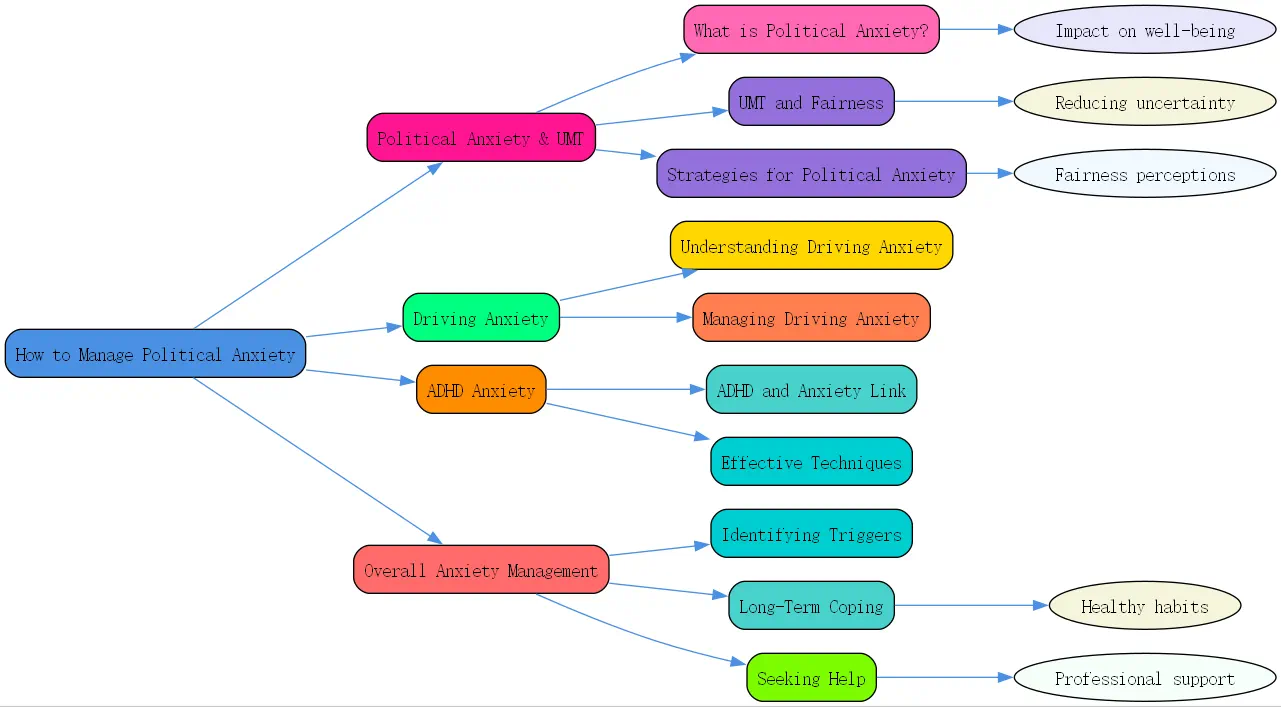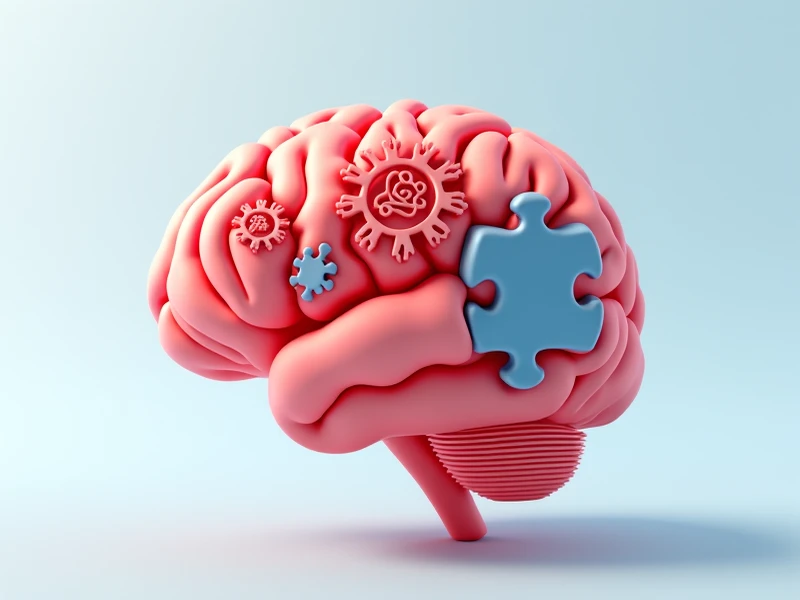Explore actionable strategies for managing political anxiety in your career, using the insights derived from Uncertainty Management Theory. Get expert tips from BrainTalking and elevate your workplace dynamics in 2025.
How to Manage Political Anxiety: Understanding Uncertainty Management Theory

What is Political Anxiety and Its Impact?
Political anxiety in the workplace primarily deals with the stress and unease stemming from organizational politics, changes, or job insecurity. Such uncertainties can profoundly impact employee behavior and performance. The ambiguity surrounding roles, expectations, or the work environment can result in decreased job satisfaction and organizational commitment. On the contrary, fostering a fair and transparent atmosphere can significantly mitigate these adverse effects.
Uncertainty Management Theory (UMT) and Fairness
The Uncertainty Management Theory (UMT) highlights that in situations filled with uncertainty, the perception of fairness becomes even more crucial. This theory underscores two core concepts:

- Uncertainty: An unpredictable state where future outcomes are unknown.
- Fairness: The perception that processes and interpersonal interactions are just and equitable.
UMT suggests that fairness serves as a crucial coping mechanism during uncertain times. Individuals tend to rely on “”fairness heuristics,”” which are cognitive shortcuts that aid decision-making when timely and comprehensive information is lacking. Thus, in an environment of uncertainty, employees place a higher value on being treated fairly, which, in turn, boosts their morale and productivity.
Practical Strategies to Manage Political Anxiety Through Fairness

To effectively manage political anxiety, organizations must adhere to several practices that promote fairness:
- Transparency in Decision-Making and Communication: Transparent practices and open communication channels reassure employees and reduce feelings of uncertainty and mistrust.
- Fair Evaluation and Promotion Opportunities: Establishing clear, fair criteria for evaluations and promotions helps employees understand their career progression, alleviating anxiety related to job security and personal growth.
- Career Development Support: Providing equitable career development opportunities ensures that all employees feel valued and supported, further diminishing anxiety fueled by career uncertainties.
How to Manage Driving Anxiety
Understanding Driving Anxiety
Driving anxiety involves the fear of operating vehicles or driving in certain conditions. This type of anxiety is closely related to generalized anxiety and can manifest through physical symptoms such as elevated heart rate, sweating, or shaking.
Strategies for Managing Driving Anxiety
Effective strategies to handle driving anxiety include:
- Exposure Therapy and Practice: Gradually increasing exposure to driving can help lessen the phobia.
- Mindfulness and Relaxation Techniques: Techniques such as deep breathing or meditation can calm the mind and reduce symptoms of anxiety while driving.
- Professional Help and Resources: Consulting with a therapist specializing in anxiety disorders can provide tailored strategies and coping mechanisms.

How to Manage ADHD Anxiety
The Link Between ADHD and Anxiety
Anxiety is a common comorbidity in individuals with ADHD. Symptoms of ADHD, such as disorganization or impulsivity, can exacerbate feelings of anxiety, significantly affecting a person’s daily functioning.
Effective Management Techniques
Managing ADHD-related anxiety can be approached through:
- Medication and Therapy: Certain medications and cognitive-behavioral therapy (CBT) are effective in treating symptoms of both ADHD and anxiety.
- Organizational Strategies and Support Systems: Implementing structured routines and utilizing organizational tools can help reduce stress and manage anxiety levels.
How to Manage Anxiety: Overall Strategies
Identifying Anxiety Triggers
Understanding what triggers anxiety is crucial. Techniques like self-assessment, journaling, or professional evaluations can help identify specific triggers.
Long-Term Coping Mechanisms
Adopting healthy lifestyle habits such as regular exercise, maintaining a balanced diet, and ensuring adequate sleep can profoundly affect anxiety levels. Additionally, integrating mindfulness practices and meditation into your daily routine can enhance overall mental health.
Seeking Professional Help
Recognizing when to seek help is important. Professional therapists can provide support through personalized therapy sessions or medication management.
Q&A Section:
Q: How does understanding fairness in the workplace help in managing anxiety? A: Understanding and implementing fairness in the workplace creates a secure, predictable environment, thus reducing uncertainty-related anxiety. When employees feel they are treated justly, their satisfaction and productivity levels increase, fostering a more harmonious and positive workplace culture.




